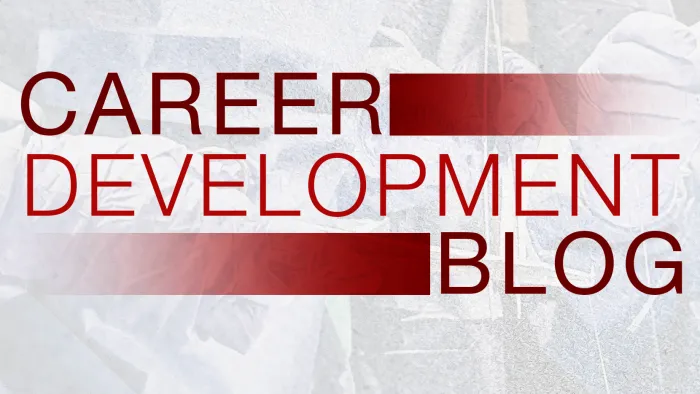Vasoplegic shock after cardiopulmonary bypass is characterized by refractory hypotension and high cardiac output with systemic vasodilatation. It also is associated with increased mortality. In this video, the latest strategies to prevent, mitigate, and treat this common problem are discussed.
Presenter:
Subhasis Chatterjee, MD
Baylor College of Medicine
Contributor:
Joseph Rabin, MD
University of Maryland Medical Center
